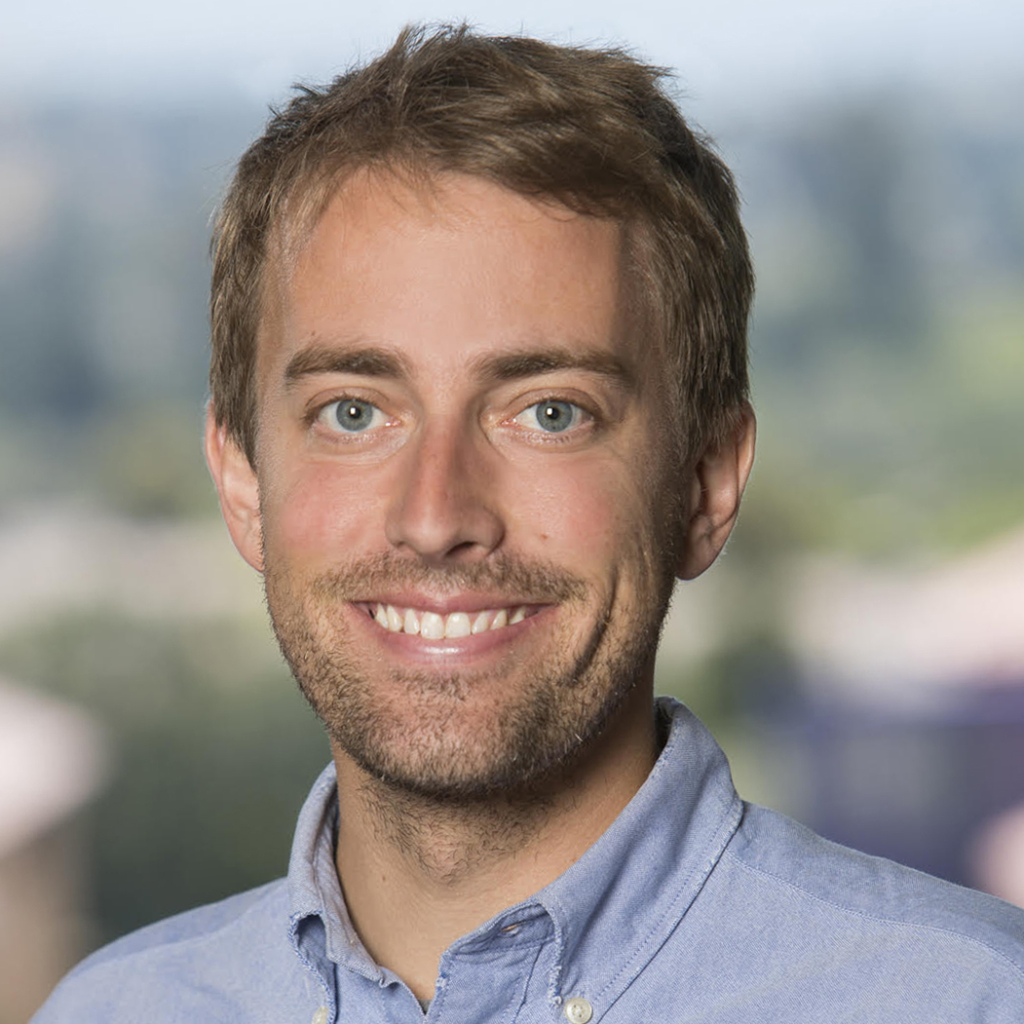What inspired you to start TeachFX? What challenge were you trying to solve?
When I was in the classroom, I wanted to get better at this mysterious amalgamation of empathy, skills, knowledge, relationship building, and tricks-of-the-trade we call “teaching.” But I never really had someone to coach me, watch me teach on a regular basis, teach me about what was most effective for student learning, and help me do that stuff in my class. (No surprise: what school has the resources for someone like that for every teacher?)
Later, at Stanford, I was interviewing a principal for a research project, and he suggested this idea: “Stanford had ‘fancy computers,’ right? Couldn’t you take a recording of a teacher’s class, run it through those computers, and provide the teacher with data about their teaching to help them improve? Similar to what professional athletes do when they review analytics and watch clips of game tape?” I took that idea and ran with it.
Today, TeachFX counts and highlights a teacher’s use of high-leverage teaching practices (e.g., asking open-ended questions, pressing students to explain their thinking, or praising positive behavior) to celebrate and reinforce those successful teaching moments. Our approach is incredibly effective at the very difficult challenge of improving instructional practice at scale.
What were your career steps to becoming Founder and CEO of TeachFX?
I didn’t take sensible “career steps” toward becoming an education entrepreneur.
I taught high school because I’m passionate about striving for a more equitable society, and I believe teachers to be essential to that mission. And I just love the art and craft of teaching.
But I also spent many years producing and directing experimental theater. That’s not exactly a logical career step toward becoming an education entrepreneur ( or even something that “looks good on a resume”!), but in my career, I always pursued the challenge that invigorated me the most.

How do you see the future of education evolving?
The acquisition of skills and knowledge can happen so efficiently now in digital spaces. That is a great benefit for humankind. But “learning,” of course, is much broader than the acquisition of skills and knowledge — it’s about how we think, how we understand ourselves, our place in the world, our relationships to others.
In the future, I believe more and more value will be placed on human interaction, relation, dialogue, and encounter. These are critical components not only of how we learn but how we build meaning in the world.
What was your favorite class or experience at Stanford?
David Labaree’s History of School Reform, Denise Pope’s Curriculum Construction, Gay Hoagland’s School-Based Decision Making.
What advice would you give to aspiring founders looking to start their ventures?
Do it! It’s the most rewarding journey you can go on. It’s not for the faint of heart. Make sure you’re working on something you’re obsessed with — because the journey will hopefully be a long one.

